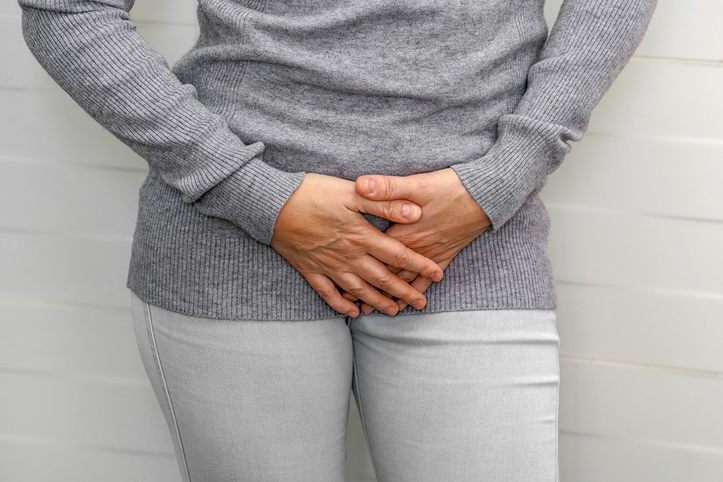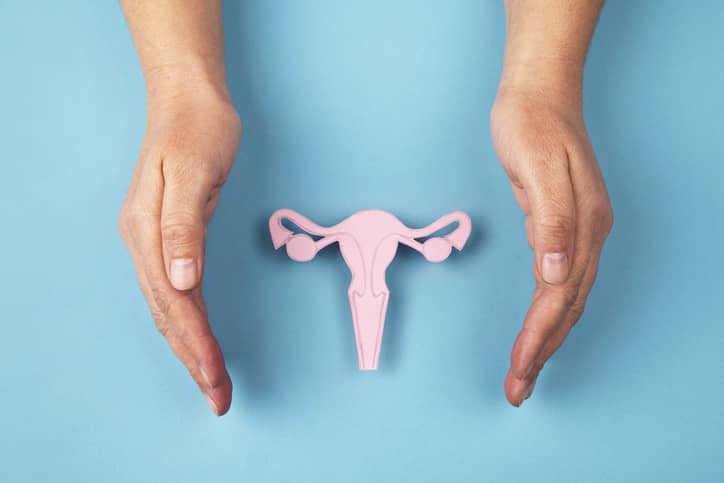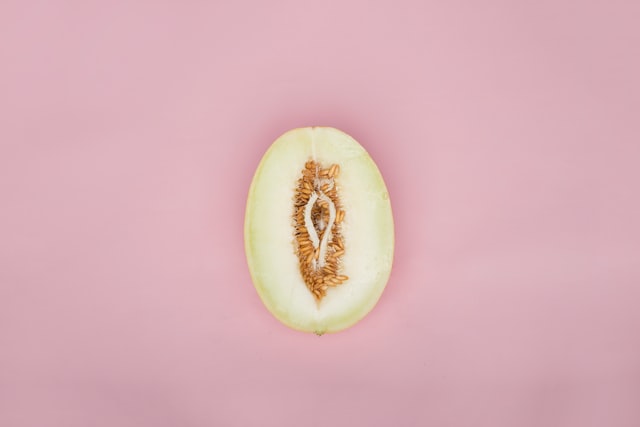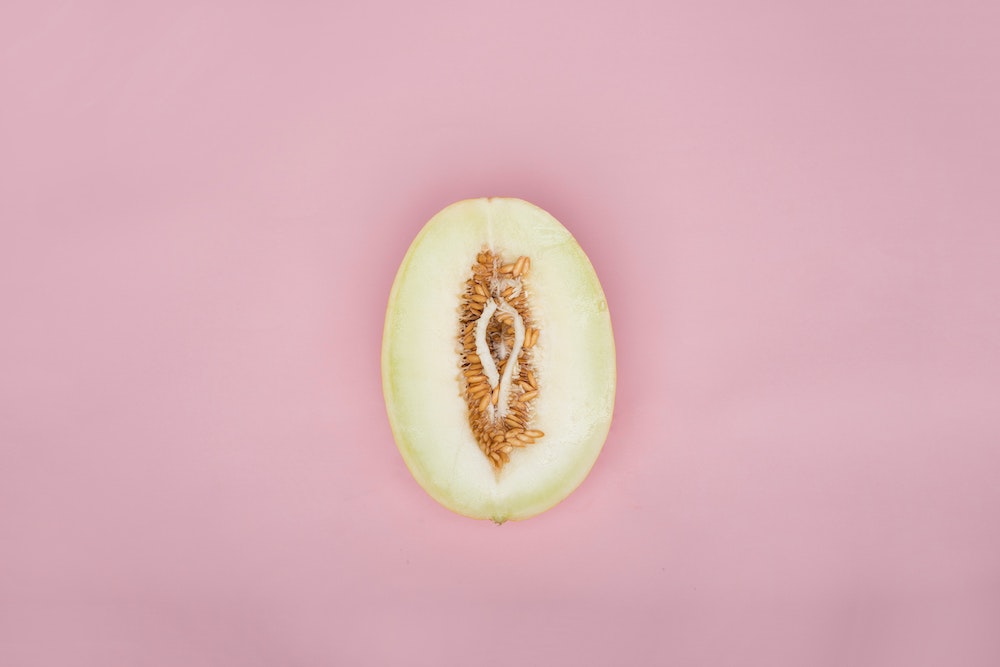Vaginal hygiene, discharge, itching and odours are common concerns – as shown both by internet searches and the huge number of feminine hygiene products that are available.
But the truth is, you don’t need to use vaginal washes, deodorants and ‘douches’ (where water is flushed up your vagina) to keep your vagina healthy and clean – in fact these can even do the opposite.
So whether you’re wondering if you should shave your pubic hair, what kind of smell is okay, or how to wash such a delicate area, read on to discover 7 need-to-knows for a clean and healthy vagina.
1. Your vagina cleans itself
You may not realise it, but your vagina has its own cleaning system: vaginal discharge. This is a fluid or mucus that’s made by glands at the neck of your womb (cervix), which then moves through your vagina, keeping it clean, supple and moist.
The fluid is also slightly acidic, which helps protect your vagina from infections. This acidity allows the growth of what’s known as ‘good’ bacteria. These bacteria help protect your vagina in several ways, including making natural antibiotics called bacteriocins, which can kill harmful bacteria.
2. Be aware of any changes in your vaginal discharge
As you now know, vaginal discharge is important for a healthy vagina. It’s usually clear or white, without a strong smell. It can be thick and sticky, or slippery and wet.
The amount and consistency of your discharge can change at certain points in your monthly menstrual cycle. But if you notice any unusual changes, including different discharge colours, fishy or other unpleasant smells, or bloody discharge when you’re not expecting a period, it can be a sign of a problem, such as an infection. For instance fishy odours can be a symptom of bacterial vaginosis.
Read more about abnormal vaginal discharge, so you know when to see a doctor.
3. Vaginal dryness is usually easily treatable
Vaginal dryness is a common problem that can happen at any age, for a variety of reasons. It’s especially common after giving birth and while breastfeeding, and in the menopause – when you stop having periods.
A dry vagina can make you feel uncomfortable and lead to pain during sex, as well as sometimes being related to other issues in menopause.
But it isn’t something you have to live with – there are several treatments available, including vaginal moisturisers and lubricants, and prescribed hormone treatments. So don’t be embarrassed to see your doctor for help if you need it.
Read more about symptoms, causes and treatment options for menopause vaginal dryness or vaginal dryness; the treatments you need to know about.
4. Prevent infection and irritation
Avoid conditions such as bacterial vaginosis and thrush by following these self-care tips:
- avoid perfumed bubble baths, vaginal deodorants or other feminine hygiene products, as these can disrupt your vagina’s bacterial balance
- don't wear tight-fitting clothes that can irritate the genital area
- opt for breathable cotton underwear
- avoid vaginal douches, vaginal deodorants or feminine wipes
- use gentle emollients, such as aqueous cream and warm water to clean the outer part of your genitals (vulva) once a day – and then rinse off
- consider giving up smoking – some studies suggests smoking may affect the vagina’s microbiome and make women more susceptible to urogenital infections and vaginal malodour or smelly vagina
- always clean reusable sex toys with soap and water and check for cracks, as they can also cause infections. Read for more information on this
Read more about how to clean your vagina.

5. Itchy vagina? Find out the cause and treat it
It’s common to get itchy in and around your vagina from time to time, but if it doesn’t go away, you’ll want to find out what’s causing it.
Itching can be caused by several things, from infections such as thrush to skin conditions such as eczema. Read 7 reasons your vagina itches to help you work out what’s causing your itch and get some relief.
You can also try home treatments for vaginal itching.
6. Removing your pubic hair won’t make your vagina more hygienic
Shaving, waxing or sometimes completely removing pubic hair has become popular in many countries. In a US survey, 84% of women said they do some form of pubic hair grooming. So, should you go bare or keep things natural? When deciding, bear in mind that:
- there aren’t any medical or hygiene reasons for removing pubic hair
- pubic hair has a purpose – it acts as a barrier, stopping dirt and harmful bacteria from entering your vagina, and reduces friction during sex
- hair removal can cause problems and injuries in your genital area, including cuts, soreness, itching, ingrown hairs, burns, abrasions and allergies
7. Taking probiotics probably won’t keep your vagina healthy
Probiotics are live bacteria and yeasts that are thought to have health benefits. They’re found in fermented foods, such as yoghurt, and are also available as supplements.
Probiotic supplements containing lactobacillus bacteria are sometimes promoted for vaginal health. These bacteria are found naturally in your vagina, and help keep it healthy by keeping it acidic.
There’s no firm evidence that these supplements can improve your vaginal health, although a collection of small studies have shown a trend that they could help treat thrush in the short term, but not stop it coming back.
There’s not enough research yet to recommend them as a treatment or fully understand their safety but it could be an area to look out for in the future.
Your health questions answered
Why does my vagina smell bad?
Answered by: Healthily’s medical team
“It’s normal for your vagina to have a slight odour, but it shouldn’t smell unpleasant. If you notice a smell that isn’t normal for you, you may have an infection. Bacterial vaginosis can cause a strong, fishy smell, while yeasty smells can be a sign of thrush. Other possible causes include forgetting to remove a tampon or a sexually transmitted infection (STI). So see a doctor or pharmacist about any unusual odours.”







